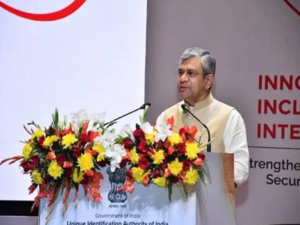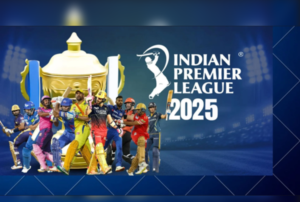Google Play Store Removes Indian Apps For Not Following Its Payment Policy; IT Minister Reacts
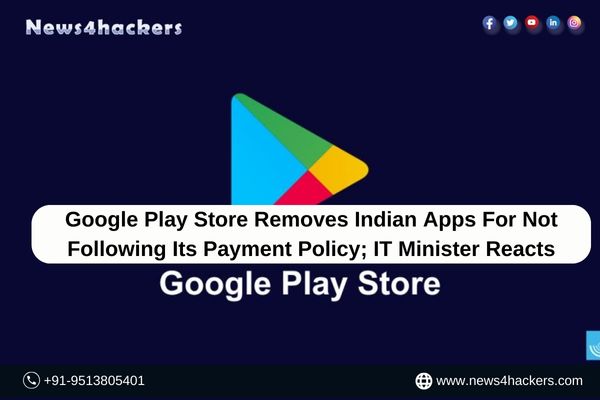
Google Play Store Removes Indian Apps For Not Following Its Payment Policy; IT Minister Reacts
Google removed 23 Indian apps from the Play Store including Shadi.com, Naukri.com, etc. for violating its payment policy, affecting businesses that use it for discovery and downloads.

On Friday, Google removed 24 apps from ten Indian developers from the Play Store for violating its payment rules. These include all thirteen Matrimony.com applications, including Bharat, Kerala, and Jodii. — InfoEdge’s Naukri.com, Naukri Recruiter, and 99Acres — People Interactive’s Shaadi.com, Alt Balaji’s ALTT, and aha and Stage.
Delisting them means Android users—who make up 95% of India’s smartphone market — can’t search for or download them from Google’s Play Store. Many affected apps have no iOS apps.
Google announced in a Friday morning blog post that it could remove apps that violate its payments policy, and apps disappeared throughout the day. The firm wrote, “[F]or an extended period of time, 10 companies, including many well-established ones, have chosen to not pay for the immense value they receive on Google Play”.

However, affected creators dubbed it a “dark day for the Indian internet”. “Unlike 20 years ago when government laws determined what is on the internet, now two companies—Apple and Google—determine what people can access,” said Matrimony.com founder and CEO Murugavel Janakiraman.
Snehil Khanor of TrulyMadly echoed Janakiraman. Digital India Dream faces a terrible day. The Big Techs are the digital landlords of the digital ecosystem and want ‘Lagaan’ (rent). They want 30% of our sales so they may keep growing at our expense. Few Indian businesses make 30% PAT.

The impact on enterprises is huge. Ravi Mittal, CEO and co-founder of dating service QuackQuack, said Android accounts for 95% of traffic. We get 25,000 Play Store downloads daily. 90% of our revenue will drop. Many developers must resign to live. If the CCI or government intervene, things may change.”
This dispute centers on the Google Play Billing System (GPBS) and Google’s Android app payment policy. It initially required developers to utilize just GPBS for in-app billing of all digital products and services.

In the Friday warning to developers, which HT saw, Google claimed the app violates the Payments policy because it “uses a non-Google Play billing system to accept payment for access to in-app features or services”.
Developers utilizing GPBS must pay Google 15% of their first $1 million revenue and 30% of any revenue over $1 million. This service charges 15% for “automatically renewing subscription products”.
Google began allowing Indian developers to use alternate billing systems after a pushback in India, including an October 2022 Competition Commission of India judgment declaring this approach anti-competitive. Developers who did so lost 4% of Google service.

Google offers three ways for developers to comply with the policy: use GPBS, an alternate payment system, or “operate on a consumption-only basis without paying a service fee”.
App developers in India are unhappy for two reasons: first, despite choosing an alternate billing mechanism, they were still required to pay Google an 11% or 26% cost, which they feel is unjust; and second, this violates the CCI’s decision.

Google was instructed by CCI in October 2022 to allow app developers to use third-party billing/payment processing providers.
GPBS was challenged in the Madras High Court by 14 companies, including those whose apps were delisted Friday. Two more Disney+Hotstar and Test Book lawsuits followed. All 14 corporations received interim protection from the Madras HC, but 12 filed a Supreme Court special leave petition. Walt Disney+Hotstar and Test Book remained protected when the Supreme Court denied these 12 corporations’ delisting protection on February 9. Two Madras HC corporations did not appeal to the Supreme Court, including Unacademy.
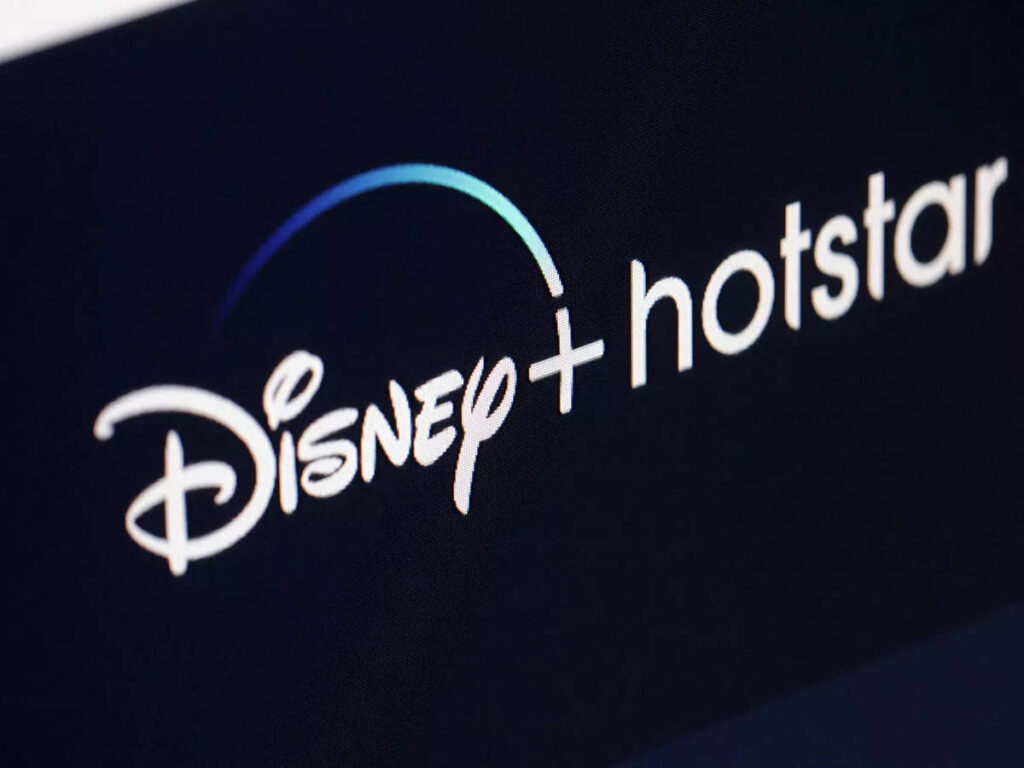
Google claims that its service fee funds its developer and user-friendly platforms, tools, and safeguards. Google says only 3% of 200,000 Indian developers sell digital goods or services and must pay a service fee. “[A]llowing this small group of developers to get differential treatment from the vast majority of developers who are paying their fair share creates an uneven playing field across the ecosystem and puts all other apps and games at a competitive disadvantage,” Google wrote Friday.
It is unclear how app compliance may be assessed since the developer calculates the service fee revenue. All Matrimony.com apps were delisted; however, InfoEdge apps (Naukri.com, 99Acres) were not.
Monitoring the situation. We deem ourselves compliant. After February 9’s Supreme Court notice, we switched to a compliant model. We will address Google’s notice. Madras HC will hear a lawsuit in the third week of March. We have no protection, so we must comply, said Jeevansaathi head Rohan Mathur. The company has abandoned in-app billing and relies on its webstore.

Google has inconsistent policies. Over the past year, it has sent warnings to test compliance, Mittal said.
Of the 12 developers who petitioned the Supreme Court, Nasadiya Technologies (Pratilipi) and Primetrace Technologies (Kutumb, Crafto) apps have not been delisted.
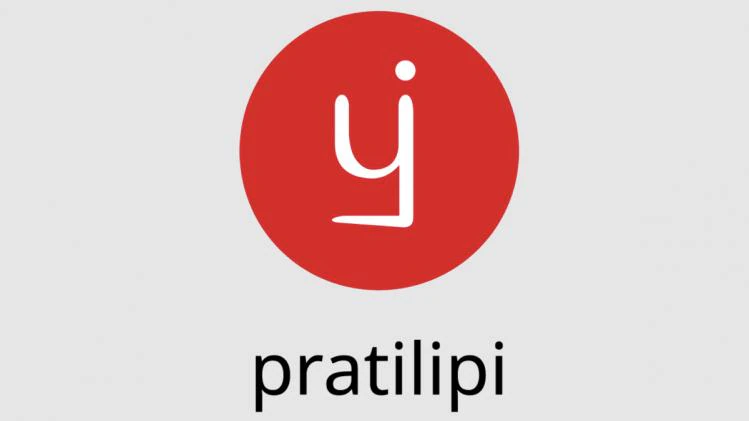
Developers can release the apps as official APKs for sideloading once they’re removed from the Play Store. That may not work at scale. “We can’t offer them via sideloading because most people download apps from Play Store,” Janakiraman stated. What about alternative app shops like PhonePe’s new Indus?” Indus app store needs improvement. It’s below 0.1% of the Play Store, he said.
The developers are talking to Google. We urged them to list the apps back when they called. They said we could do that if we followed their policy, Janakiraman added.
Developers Want Government Action.
“This shows Google’s blatant dominance, raising concerns about the potential impacts on a significant portion of startups and businesses in the digital app economy, which employ thousands of people. Mittal said the government should act and direct CCI to guarantee Google complies with their ruling and restores all apps, including QuackQuack.
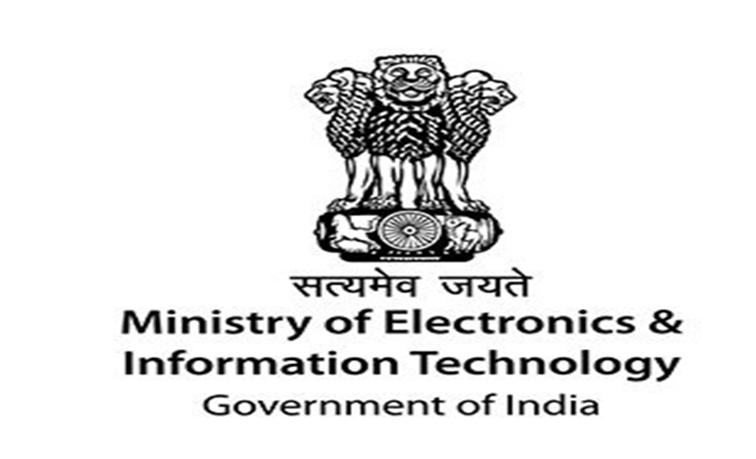
Indian corporations will comply — for now. India needs an App Store/Play Store as part of Digital Public Infrastructure like UPI and ONDC. After three of his apps were delisted, Info Edge creator Sanjeev Bikhchandani tweeted Monday evening, “The response needs to be strategic @PiyushGoyal @PiyushGoalOffc.”
“We must accept if they delist the app. Accepting Google or closing is our choice. Admitting Google means closing, albeit slowly, Janakiraman added.
Reaction Come IT Minister Ashwini Vaishnaw on Google De-Listing on Indian Apps
The government strongly opposes Google’s Play Store app removal, according to Union Minister Ashwini Vaishnaw.
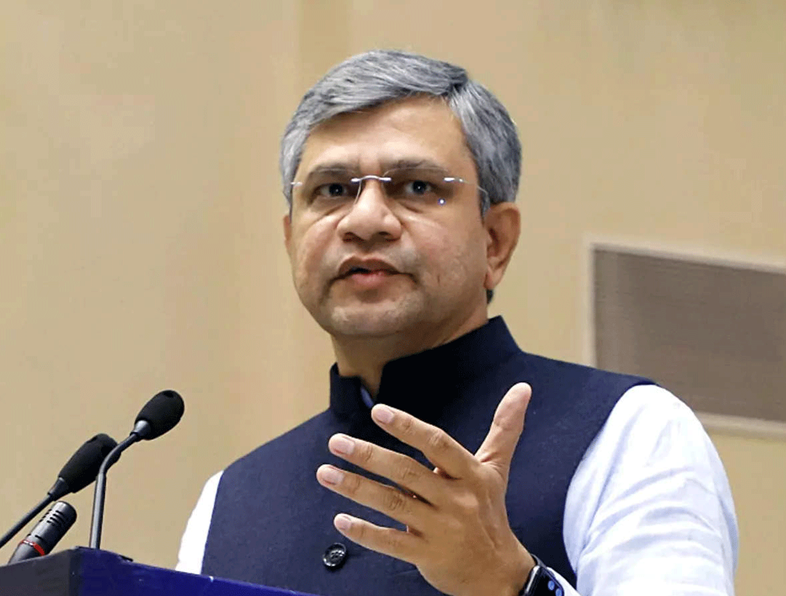
He said the government won’t allow app delisting and requested a meeting with the internet giant — Google.
According to PTI, the Union Minister said, “Government takes a strong view of Google de-listing some apps from Play Store and it will not allow this de-listing of apps.”
“India is very clear, our policy is very clear. Our start-ups will get the protection that they need. I have already called Google. I have already called the app developers which have been delisted, we will be meeting them next week. This cannot be permitted. This kind of de-listing cannot be permitted,” stated the IT Minister.
About The Author:
Yogesh Naager is a content marketer who specializes in the cybersecurity and B2B space. Besides writing for the News4Hackers blog, he’s also written for brands including CollegeDunia, Utsav Fashion, and NASSCOM. Naager entered the field of content in an unusual way. He began his career as an insurance sales executive, where he developed an interest in simplifying difficult concepts. He also combines this interest with a love of narrative, which makes him a good writer in the cybersecurity field. In the bottom line, he frequently writes for Craw Security.
READ MORE ARTICLE HERE


